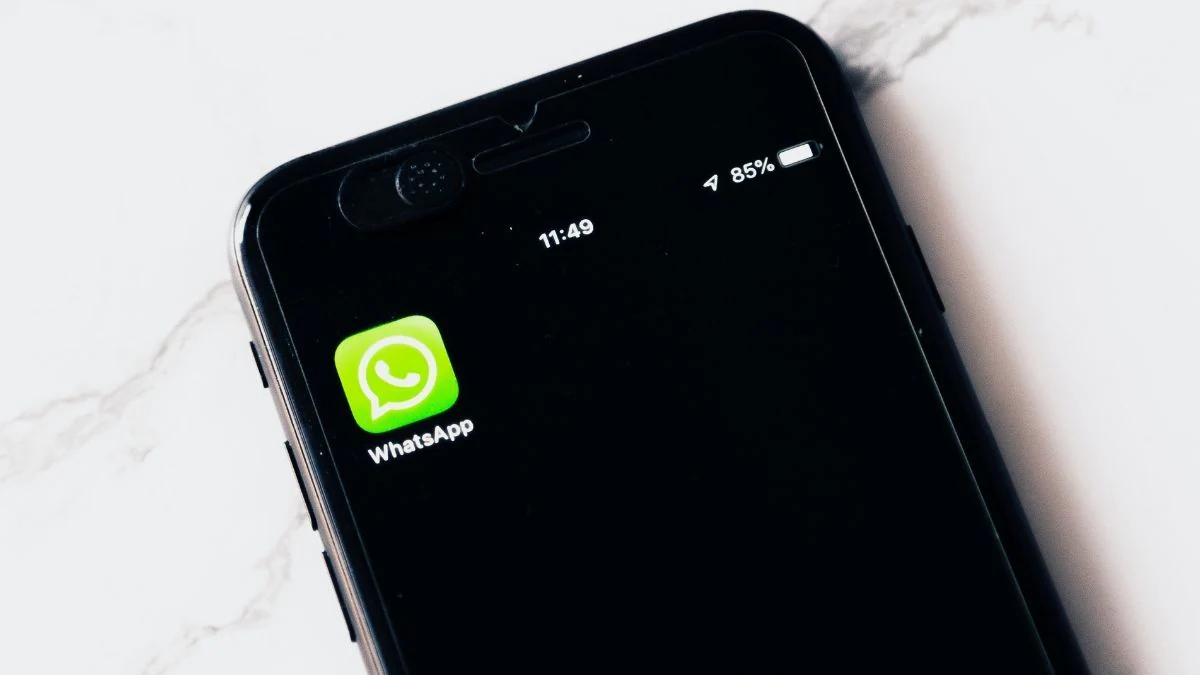
Disappearing messages, after the Snapchat sales feature, become more and more widespread on almost all major mail platforms wishing to advertise their security and privacy features. Each platform naturally gives it its own essence, mainly in the duration of its messages to stay alive. WhatsApp, for example, gives users more options to prevent messages as long as they want, even go up to three months from above.
Disappearing messages are part of the confidentiality measurement and partial household tool. They mitigate the risk of private messages and media to read by unauthorized persons, especially after the phone was stolen. It also reduces the amount of space that an application takes on the device by automatically removing old messages after a given period.
Unlike Snapchat’s default behavior, WhatsApp introduced its message feature disappearing last year with a single seven-day interval. A few months ago, he finally added a 24-hour option for the fastest period. Now, it extends all options by adding an option of 90 days, at least in the beta version of the application for Android.
This, of course, disappearing messages have an automatic cleaning function rather than a privacy feature. The own description of WhatsApp says that the recipients of these messages can save them with other means anyway. This is not a protection of infallible privacy, especially if messages are only deleted after three months.
WhatsApp definitely tries to ride his game by painting himself as a champion of security and confidentiality, despite his associations with Facebook. Earlier this month, it introduced a feature “Show once” for photos and videos that automatically suppress support after its observation, no timer is needed. This 90-day interval for the disappearance of messages, however, might not happen immediately, because it takes something a few months to take a beta function and add it in a stable release.


![How To Fix Error [pii_email_4a54df77285983c5da74] Instant Solved](https://justsbuzz.com/wp-content/uploads/2021/10/Solved-pii_email_019b690b20082ef76df5-Outlook-Error-1.jpg)
![how to solve [pii_email_cd4b80dbd951adb0d4dd]](https://justsbuzz.com/wp-content/uploads/2021/10/ms-outlook-error-1-780x415.jpg)